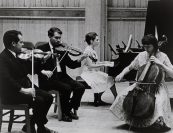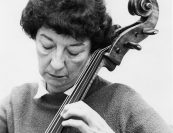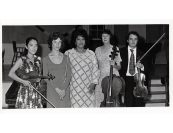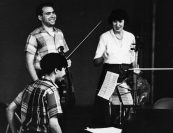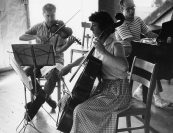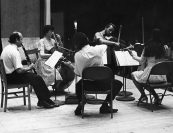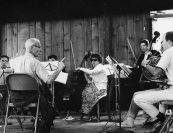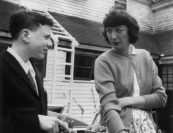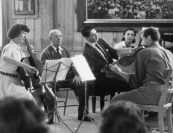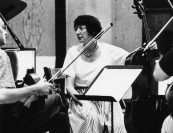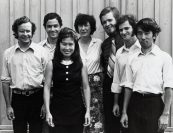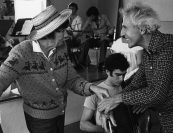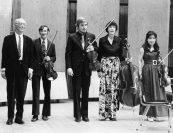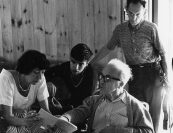For almost twenty years, cellist Madeline Foley was a major presence at Marlboro. In her first summer, in 1956, on the opening concert of our sixth season she, together with violinist Frances Magnes and pianist Claude Frank, played two-thirds of the program: trios by Brahms and Mendelssohn on a program that also included clarinetist Harold Wright and pianist Anton Kuerti performing Schumann. She was one of only six cellists that year and would go on to become an inspiration and important influence, through the mid-1970s, on generations of young musicians.
In a review of her Town Hall recital in 1950, the New York Times captured the essence of what Madeline Foley would offer her young colleagues at Marlboro. “Ms. Foley is an artist. She not only plays the instrument well but also has sensitive and individual musical ideas… One of the outstanding details of Ms. Foley’s playing was her attention to dynamics. Every phrase was built up and let down in a gentle diminuendo. This shaping of a phrase was especially evident in the opening of the Schumann piece: only a real musician could have handled it as she did.” We have a wonderful illustration of all these qualities in the captivating SONY recording of the Mozart Trio in B-flat Major, K. 502 with Rudolf Serkin that is included in this profile.
While Madeline Foley might not have been the best candidate for the diplomatic service, most musicians came to realize that her rather rough manner was not intentional. It was just meant to dramatically convey to her younger colleagues that they must serve the composer with honesty and sensitivity.
As a young musician, pianist Alan Weiss played with Madeline at Marlboro in 1974. He described her as “adorably gruff” and explained how her exclamations of “WHATCHA MEAN” helped him to understand that his playing in the opening of the Mozart G Minor Piano Quartet was a bit too timid. For him, “her somewhat confrontational manner put into the sharpest focus possible the whole idea of Marlboro: honesty and forthrightness of expression.”
Samuel Rhodes came to Marlboro at 19 and participated in many ensembles with Madeline before being invited to become the violist of the Juilliard String Quartet. “So many of my fondest memories,” he said, “are of playing in groups with her,” a sentiment shared by so many other Marlboro musicians. She helped them learn what it takes to become “a real musician.”
Watch a pair of extraordinary videos of Madeline Foley with Pablo Casals. The 1955 NBC documentary is narrated by Foley and includes an extended on-camera interview of Casals by Foley. The Mannes School documentary (also from 1955) features Casals teaching Foley for an extended segment on the Prelude from the Bach Fifth Suite (3:58-8:20).
☙Use the links below to access additional biographical and archival materials. ❧

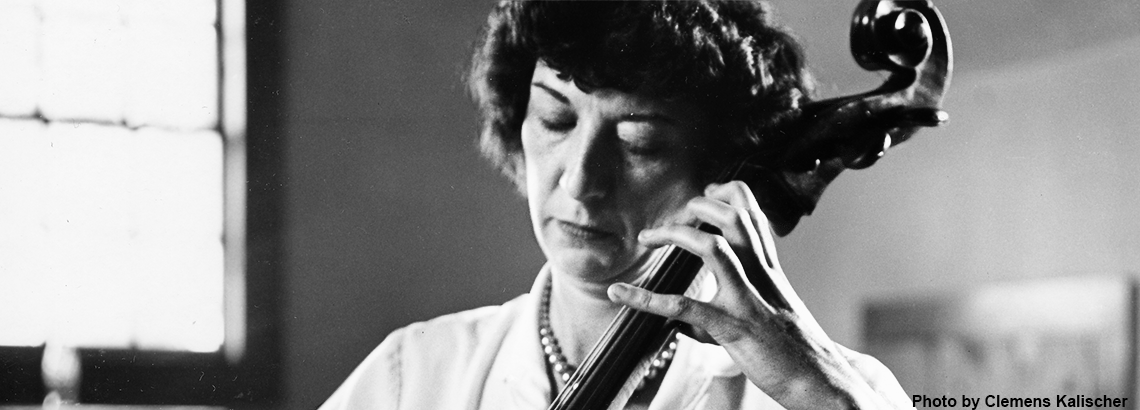
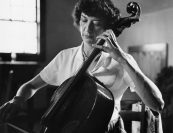

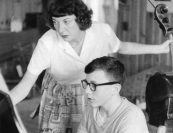
!["Madeline Foley […] she was one of the greatest musicians I have ever met and the most honest. Honest to a fault and with an impeccable, impeccable musical taste!" —Luis Batlle. “They were so funny together and had such love and admiration for each other," says Jaime Laredo of Maggie and Luis.<br>
<i>Madeline Foley and Luis Batlle<i>](https://www.marlboromusic.org/wp-content/uploads/2022/09/6-Foley-Batlle-crop-173x133.jpg)
